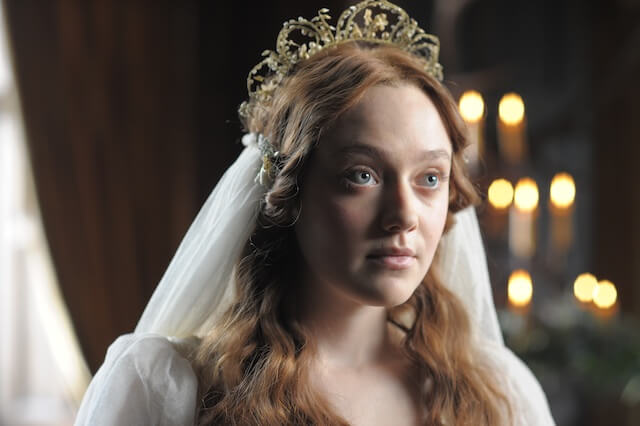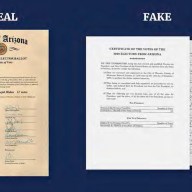‘Effie Gray’ Like Mike Leigh’s “Mr. Turner,” “Effie Gray” is a film about paintings whose cinematography could be called “painterly.” Our first glimpses of rural 19th century England are ensconced in fog; interiors have a musty, barely-parsable quality reminiscent of paintings from the era. If the images were on a wall one would stare at them, soaking in the details and the mood. One can do that anyway. As directed by Richard Laxton, this is a slow mover, but not in a good, art film way; this isn’t one of the abstract, renegade period pieces made by late Chilean filmmaker Raul Ruiz (“Time Regained,” “Mysterious of Lisbon”). Not only does little happen in “Effie Gray,” but it’s a painfully obvious attack on the past and its regressive mores that does little but reward viewers for (hopefully) not being sexist pigs. One’s better off just staring at it, not even minding what anyone’s talking about. Also like “Mr. Turner,” it shares certain historical personages. Its chief villain, art critic John Ruskin (Greg Wise), had a small part in Leigh’s film, and he comes off even worse here. Told from the perspective of his young wife Effie (Dakota Fanning), it paints him as he likely was: a studious bore whose emotional terrorism upon his younger bride was borne out of a toxic brew of sadism and indifference. Charming during their wedding, he turns cold on the wedding night, when he walks out on Effie after she’s stripped down for consummation. He intends her to spend her life a prisoner of his tony estate. Instead she meets two key people: Elizabeth Eastlake (Emma Thompson), a fiery proto-feminist and art critic herself; and John Everett Millais (Tom Sturridge), a strapping pre-Raphaelite painter who takes a shine to her. Thompson also wrote the script, which overstates many things; when it comes to proclaiming its progressive bona fides, “Gray” has a habit of combining typically English reticence with making its points painfully, awkwardly clear, its dialogue full of underlined, bolded and italicized lines about this and that. It even overplays the age difference; nearly 30 years separate Fanning and Wise (IRL the Mr. Emma Thompson), whereas the difference between Gray and Ruskin was a relatively non-scandalous nine. It’s as though Thompson is trying to conceal that it has little going on, when it is in fact covering one of the most scandalous and romantic globs of gossip in art history — a tale of roiling passions and, in its second half, a long con escape laid out by Gray and cohorts that is instead treated with restraint bordering on sleepiness. Not that “Effie Gray” should be trash, but it has a habit as tasteful, remote and joyless as its baddie. That its screenwriter gives herself the juiciest and liveliest role is added insult.
Director: Richard Laxton
Stars: Dakota Fanning, Greg Wise
Rating: PG-13
2 (out of 5) Globes
Review: ‘Effie Gray’ is a curiously dull piece of classic art gossip

Adopt Films
Follow Matt Prigge on Twitter @mattprigge


















